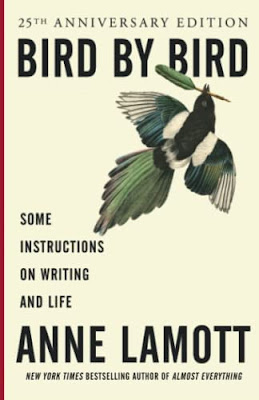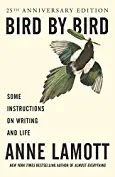A Farewell to Arms
By Ernest Hemingway
Book Of The Day
Foreword
Ernest Hemingway’s A Farewell to Arms is much more than a novel of love and war; it is a profound exploration of the human condition, told through the lens of one man’s journey during World War I. First published in 1929, this semi-autobiographical work captures the essence of Hemingway’s literary genius—his unmatched ability to distill emotion and experience into prose that is as sparse as it is deeply evocative.
Set against the backdrop of the Italian front, the novel chronicles the story of Frederic Henry, an American ambulance driver, and his passionate, tragic romance with Catherine Barkley, a British nurse. Their love blossoms amidst the chaos of war, a stark reminder of the fragility and transience of human connection. Yet, this is not a story of idealized romance or heroism. Instead, Hemingway offers an unflinching portrayal of love as both salvation and suffering, and war as both senseless destruction and a crucible of human resilience.
Hemingway’s prose, characterized by its simplicity and precision, allows readers to inhabit the spaces between words, where the deepest emotions reside. His use of understatement—what he famously called the "iceberg theory"—renders moments of joy and sorrow with haunting clarity, leaving readers to grapple with what lies beneath the surface.
The themes of A Farewell to Arms—love, loss, courage, disillusionment—are timeless, resonating with readers across generations. It is a book that speaks not only to the specific horrors of World War I but to the universal struggles of humanity in the face of war, uncertainty, and mortality.
As you embark on this journey through Frederic Henry’s world, prepare to confront the full spectrum of human experience. Hemingway does not shy away from life’s harsh realities, but within those, he uncovers moments of profound beauty and truth. A Farewell to Arms is a testament to the enduring power of literature to illuminate the darkest corners of existence and remind us of the resilience of the human spirit.
Olivia Salter
01/04/2025
The PDF might take a minute to load. Or, click to download PDF.
If your Web browser is not configured to display PDF files. No worries, just click here to download the PDF file.




